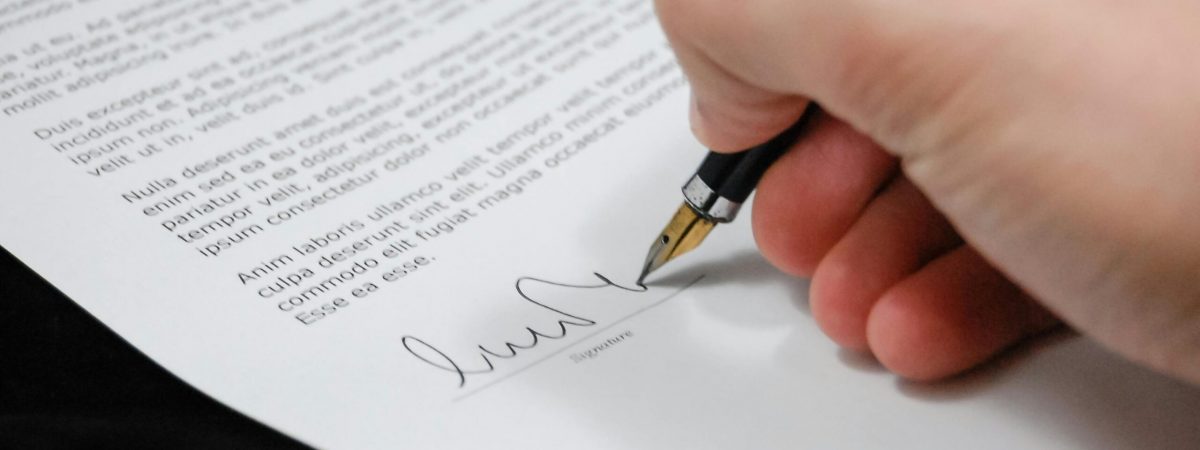Thomas Delahunty passed away in March 2015, having outlived his wife and without children. In 1980, he provided a handwritten note to his solicitor for a will to be drafted, which was executed and stored safely. However, in 1997, the solicitor’s office was burgled, and the original will was lost. Delahunty’s nephew, Philip Kinsella, applied to have a carbon copy of the will admitted to probate. If accepted, Kinsella would be the main beneficiary. If not, the estate would be distributed according to intestacy laws, benefiting several other nephews and nieces, some of whom supported Kinsella’s application.
The carbon copy was found by another nephew in the deceased’s attic among personal papers. The High Court judge, based on available evidence and indirect support from the law firm, concluded that the original will had been properly executed, even though it lacked signatures. The judge admitted the carbon copy to probate.
Estate of Delahunty, Application by Kinsella v Succession Act, 1965 [2021] 657.
